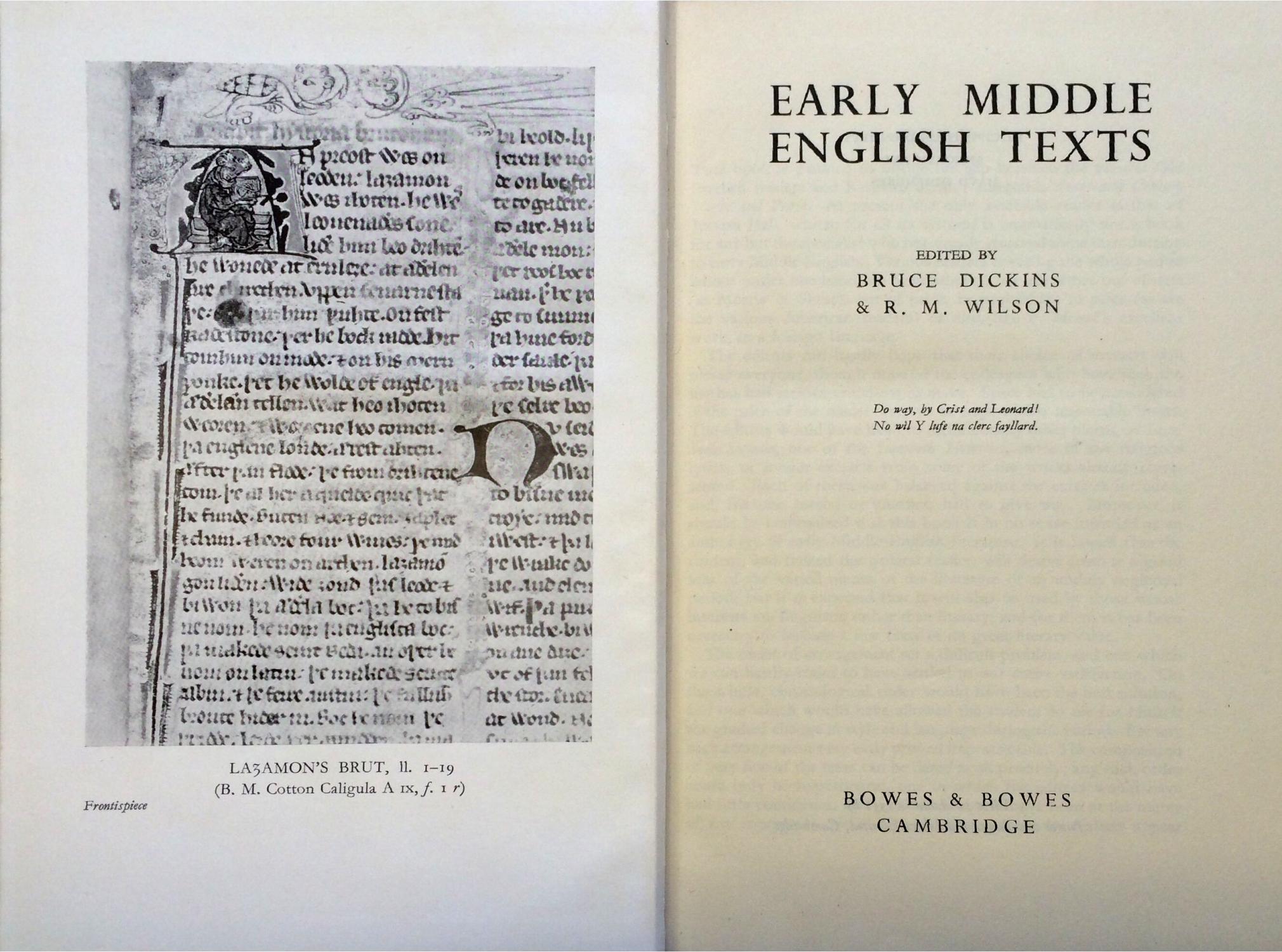
Latin predominates in most types of writing in the immediately post-Conquest period. After the Conquest, English became pushed out of these functions almost entirely.

Before the Conquest, England had been relatively ‘advanced’ in the extent to which the vernacular language, rather than Latin, was used in writing. And, crucially, it was in contact with Latin and with French.Īfter the Norman Conquest, the ruling elite in England (in church as well as state) were French speakers. Until the use of Scandinavian languages in mainland Britain died out (the precise date of which is a matter of uncertainty), it continued to be in contact with these also. English continued to be in contact with Celtic languages on many of the internal frontiers within the British Isles. This is not because people suddenly started using language in different ways in different places in the Middle English period, but because the fairly standardized late Old English literary variety broke down completely, and writing in English became fragmented, localized, and to a large extent improvised.
the surviving Middle English material is dominated by regional variation, and by (sometimes extreme) variation in how the same underlying linguistic units are represented in writing. One other factor marks out the bulk of our Middle English evidence from the bulk of our Old English or early modern English evidence, although it is less directly a matter of change in the language than in how it is represented in writing: Eventually, various new stylistic layers emerged in the lexicon, which could be employed for a variety of different purposes. Large-scale borrowing of new words often had serious consequences for the meanings and the stylistic register of those words which survived from Old English. in vocabulary, English became much more heterogeneous, showing many borrowings from French, Latin, and Scandinavian. plural, genitive, and occasional traces of the old dative in forms with final – eoccurring after a preposition.In some other parts of the system some distinctions were more persistent, but by late Middle English the range of endings and their use among London writers shows relatively few differences from the sixteenth-century language of, for example, Shakespeare: probably the most prominent morphological difference from Shakespeare’s language is that verb plurals and infinitives still generally ended in – en (at least in writing). The range of inflections, particularly in the noun, was reduced drastically (partly as a result of reduction of vowels in unstressed final syllables), as was the number of distinct paradigms: in most early Middle English texts most nouns have distinctive forms only for singular vs. (If we put this in more technical terms, it became less ‘synthetic’ and more ‘analytic’.)Change was gradual, and has different outcomes in different regional varieties of Middle English, but the ultimate effects were huge: the grammar of English c.1500 was radically different from that of Old English.Grammatical gender was lost early in Middle English. in grammar, English came to rely less on inflectional endings and more on word order to convey grammatical information. Two very important linguistic developments characterize Middle English: 
Send us feedback about these examples.The most important linguistic developments These examples are programmatically compiled from various online sources to illustrate current usage of the word 'Middle English.' Any opinions expressed in the examples do not represent those of Merriam-Webster or its editors.


#Middle english movie#
2021 Written, directed and produced by filmmaker David Lowery, the movie is based on a 14th-century Middle English poem titled Sir Gawain and the Green Knight. Deborah Netburn, Los Angeles Times, 20 Dec. 2022 The Middle English lyrics tell of Christ’s birth: A nywe werke is come on honde. 2022 Tolkien believed students should focus on Old and Middle English texts, while Lewis thought English Literature post-Geoffrey Chaucer was preferable. Timothy Noah, The New Republic, 18 Oct. Recent Examples on the Web The Chaucer findings are of great interest to my wife, who is a Middle English scholar, and to Cannon, a family friend, because the quality of Chaucer’s personal character matters a lot to anybody who teaches his work.








 0 kommentar(er)
0 kommentar(er)
